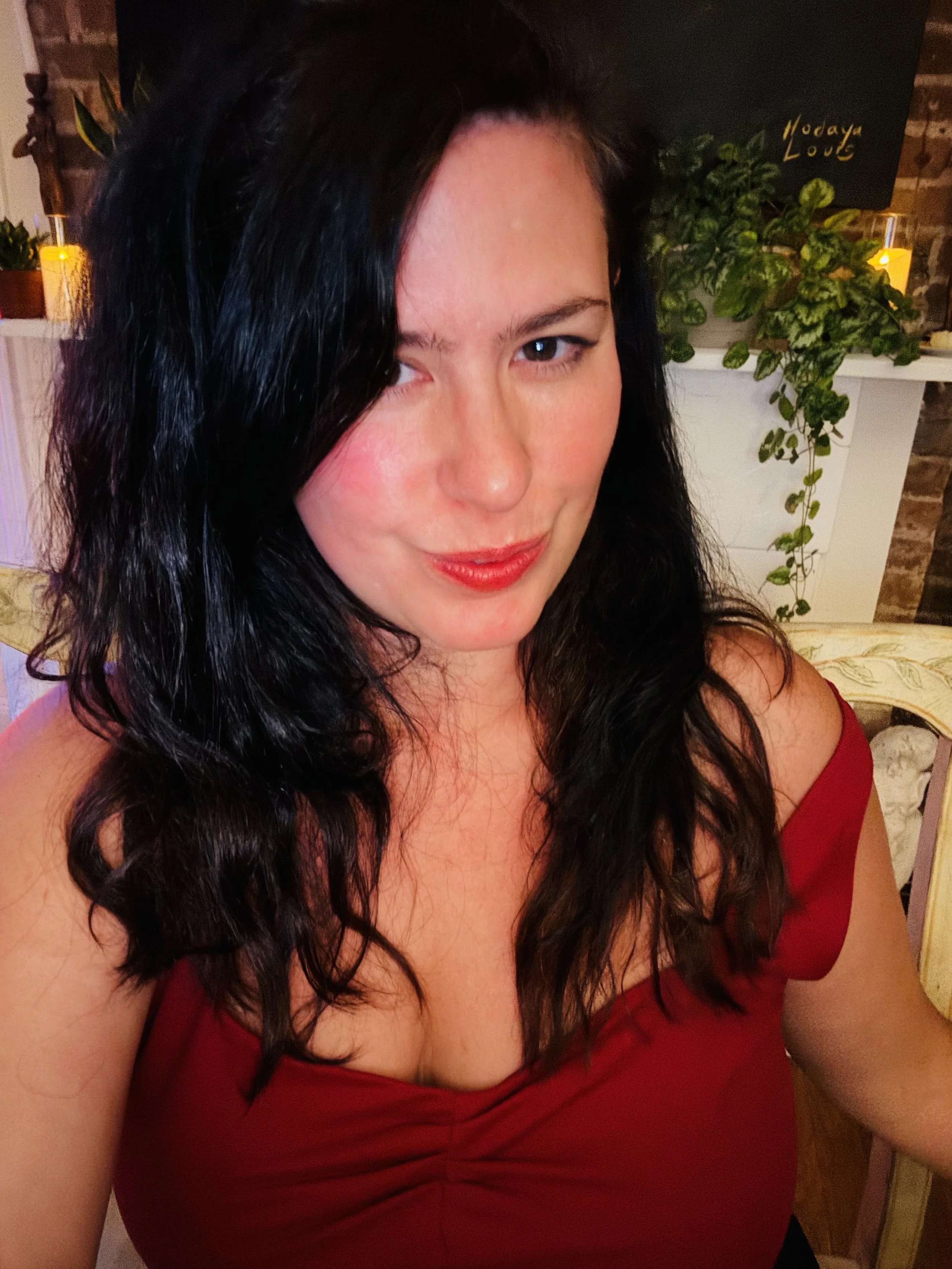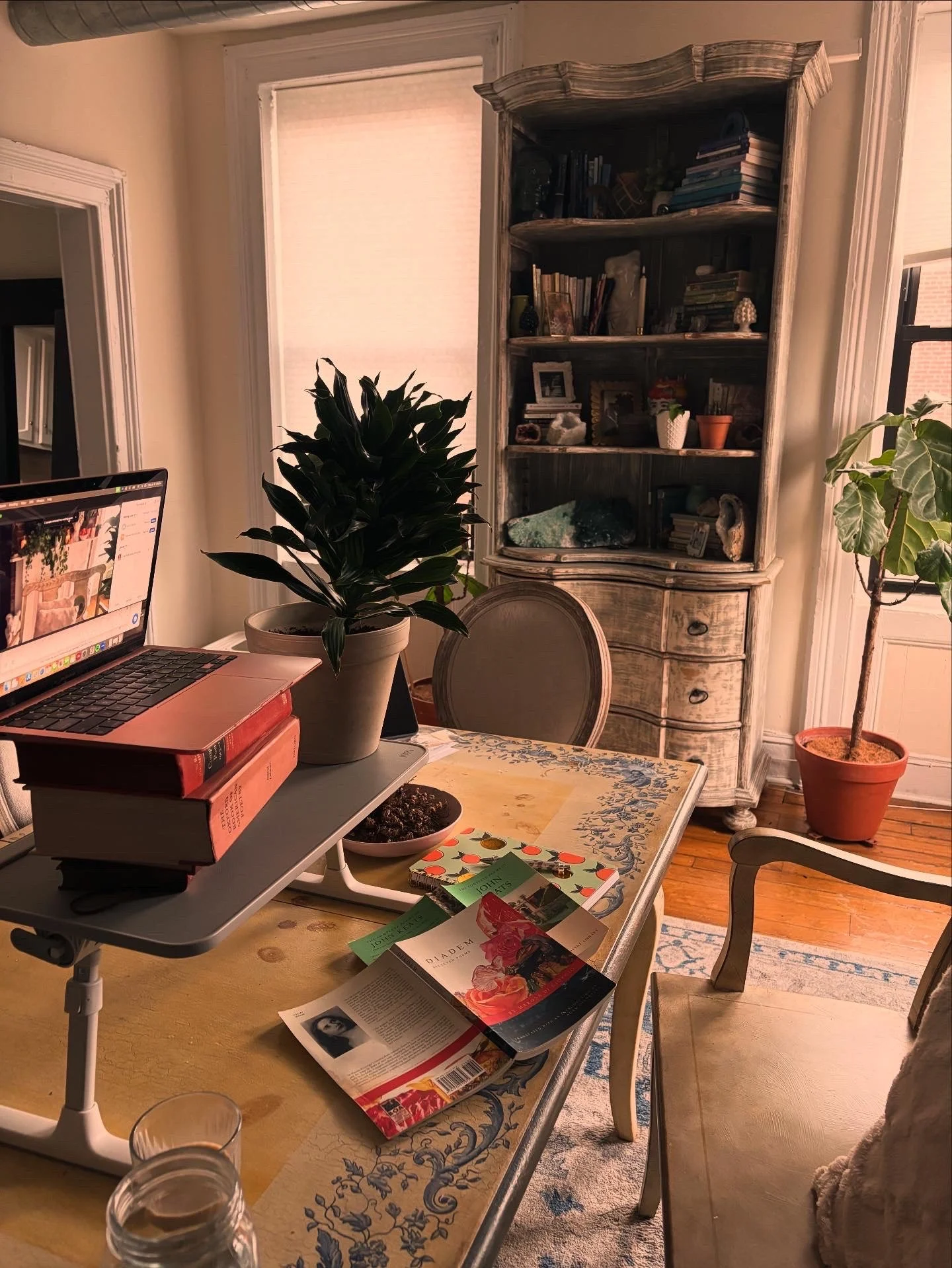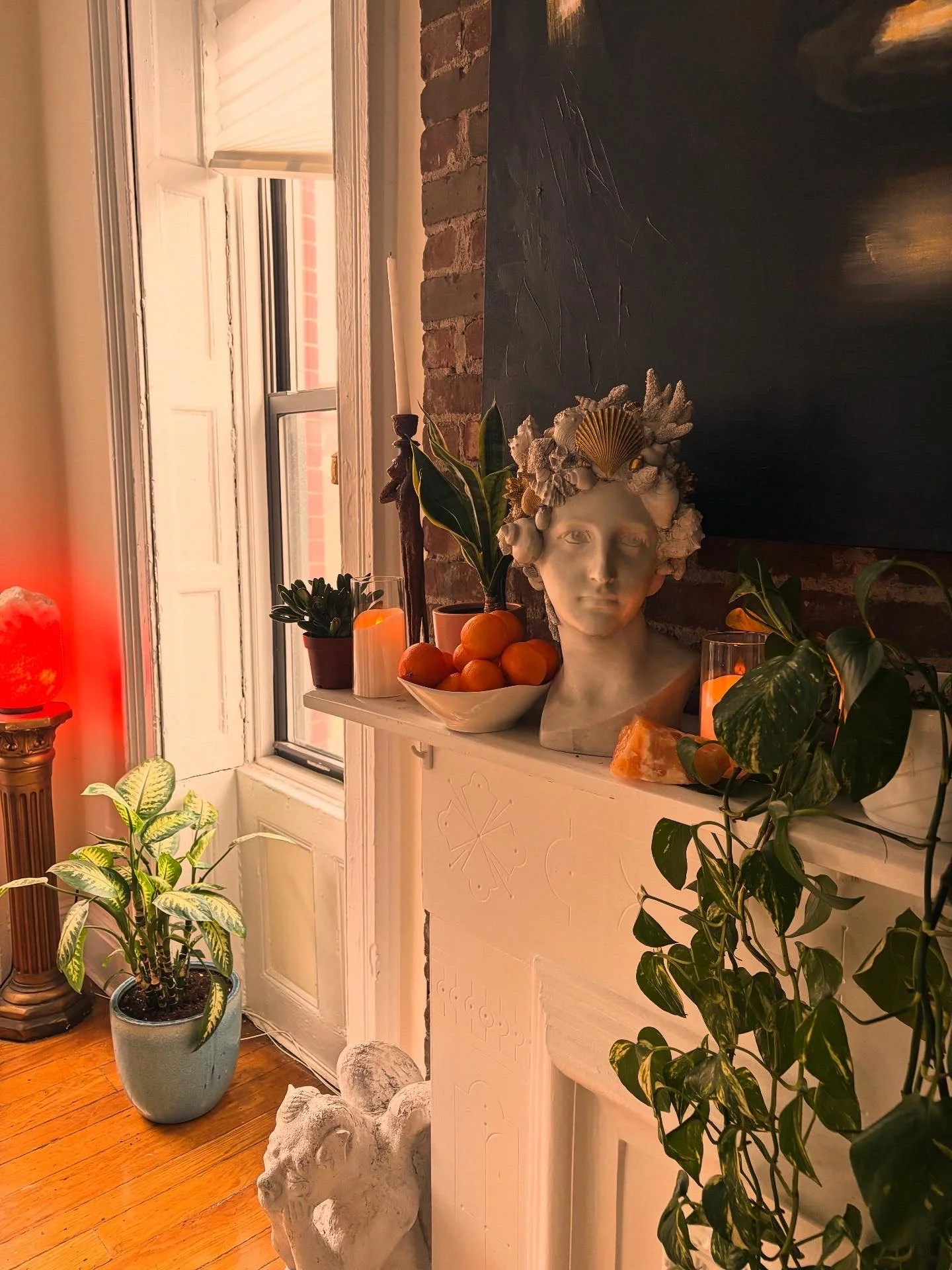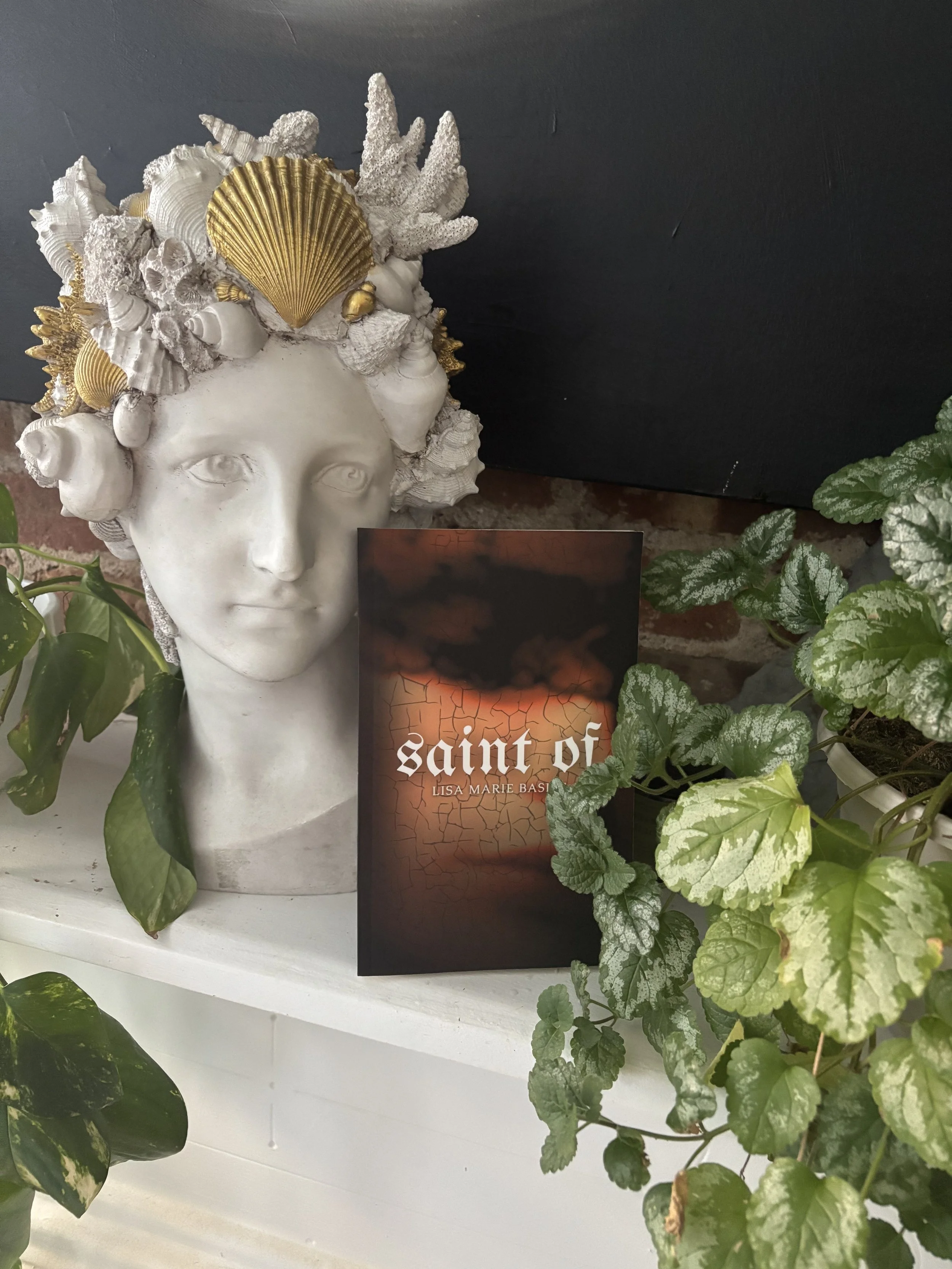THE POETS: An Interview with Lisa Marie Basile
What is poetry to you?
I think poetry is or can be a lot of things, but for me, it's always been a doorway. In a sense, it is the threshold between the incarnate and the intangible; it’s how we make material of the occult. A poem can be everything, really—defying and collapsing time and aspects of selves. So, maybe it is a way to express the soul?
Tell me more about how you first experienced poetry.
I can't remember if there was any sort of specific aha! moment with poetry for me. I do remember being young and receiving Jewel's book of poetry (I know). Even though I wouldn't like it now, I was young then, in a dark time in my life (just about to enter foster care), and I remember being enamored with how honest it felt. I think what pulled me in was the sincerity of expression, and how it gave voice to feelings I hadn’t articulated yet. I was like, “oh, women can say this out loud?” I was only a kid. By the time I'd gotten into college and started actually studying poetry, I fell in love with poetry that felt more difficult, puzzle-like, harder to extrapolate easy answers from. I love that poetry can feel like a mystery (a lot of the surrealist poets drew me in). I love that poetry can make you question yourself. I think over the years I've found myself landing somewhere in the middle. I want poetry to make me work, but I also want it to make me feel.
What or who was it that inspired you to write poetry?
I think, like a lot of poets, grief was what fed my early poetry. And loneliness. I was in foster care when I first published my poetry in the high school literary journal. Writing let me transcend my circumstances and exposed my vulnerabilities to the world in a safe and controlled manner—through art. The poem is always a great tool to hide behind and within. You can say everything you need to say without saying anything. I was very driven by a need to create beauty and meaning in a world that felt ruthless for me.
Is poetry a compulsive form of art for you?
I think a lot of people like to think of The Poet as a compulsive creator, that there is some invisible current propelling us in a frenzy. It's romantic, and perhaps that is true for some people. When I was younger, poetry did feel like a frenzy to me—a sort of manic deluge. I was less concerned about craft then and more concerned about simply putting my feelings into shapes. I'm more careful now. Deliberate. I take my time. I suppose I miss those early days. And sometimes I go nearly a year without writing, although I did write my new book, SAINT OF, in a fever dream flash of summer last year. Nowadays, I more have a compulsive need to be present in the world. I want to always examine everything, to constantly be in communication with the self that transcribes the human experience—the noticing of the poetry of the world around us.
When writing do you prefer a laptop, your phone or a notebook?
I dearly wish that I could write by hand, but my handwriting is an atrocity, and I have arthritis. I also love to write on a laptop because a delicious font is in sort of a feedback loop with my writing. I think the digital font choices essentially allows us to dress our poetry in clothing.
Do you have a workspace? Or are you happy to work anywhere?
I do have a workspace! I love it. I tend to write in the same place, and that is my dining room table. It's old and wooden and smooth, with blue, painted flowers at the edges. I like to light candles, surround myself with plants, and let all the light in. I need the environment to reflect the mood and tone of the poetry I'm writing, so I surround myself with antique and art and beautiful things. My poetry wants to be lush; I don't want it to be done in sterility.
Are you a lone wolf when it comes to your poetry or do you actively get involved in a community?
I'd be lying if I said that working with others comes easily to me. Yes, I've edited literary journals, facilitated writing groups, and moderated writing communities, so it seems like I'm an extrovert but I mostly like to be alone (Scorpio Sun much?). I gravitate toward the solitude because being inside my own little obsession makes the work the most honest. And being at a literary party or reading makes my soul work harder than it knows how to work. But I think it's important for writers to connect and engage and collaborate when it feels right, because it pushes us out of our comfort zones.
One long, hot summer, I wrote the book I mentioned above with a friend. We sat at a little kitchen table with tiny wine glasses, with the windows wide open, and we smoked cigarettes and we lit candles. Sometimes we wouldn't look up from our screens until the sun had long gone down. We'd read each other's work and then continued writing, in a sort of trance-like state, induced by the desire to (perhaps) please each other and to translate the beauty and intensity of the experience. If I was always a lone wolf, we’d never have that book. Thank god.
Do you have any recommendations for our readers?
When it comes to writing, the most important thing is that you honor your own Voice. I think it's easy to be caught up in what the market wants, or what you see your peers doing, but at the end of it all, there's only you and your voice. Don't dilute it. Don't try to be less lush or weird. Just get obsessed.



